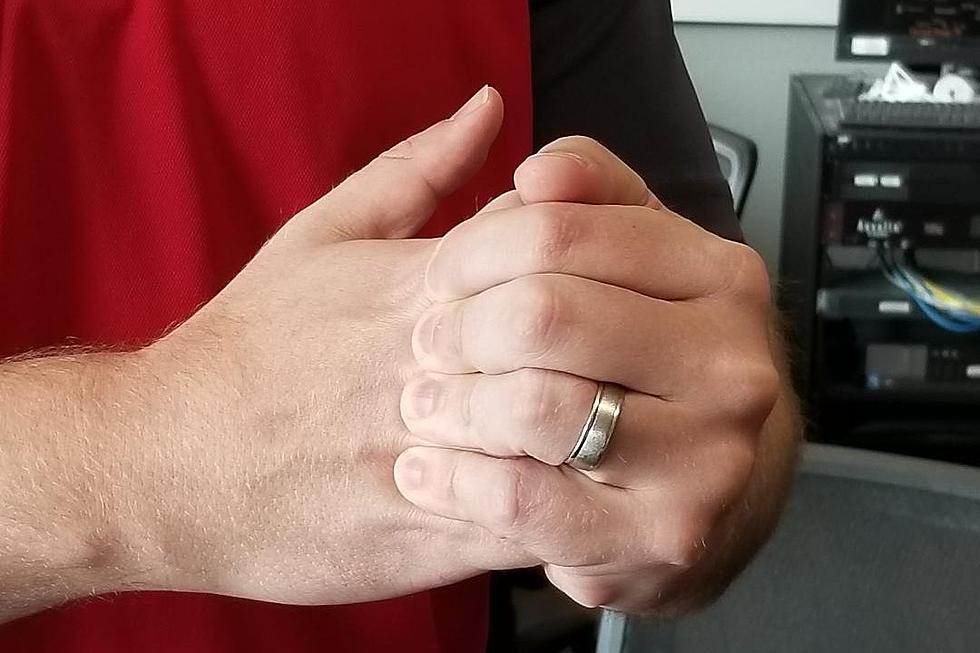![Health Matters; Eating Disorders and Disordered Eating [PODCAST]](http://townsquare.media/site/67/files/2018/04/Students-Eating-Pizza.jpg?w=630&h=420&zc=1&s=0&a=t&q=89&w=980&q=75)
Health Matters; Eating Disorders and Disordered Eating [PODCAST]
This week on WJON's Health Matters program I talked with Registered Dietician Kari Collett from A-to-Zinc Nutrition. We talked about eating disorders and disordered eating. Kari explained that there are two examples of eating disorders; Bulimia and Anorexia. He says Bulimia is when someone purges immediately after eating. She says this causes many problems which includes esophagus damage and potential intestinal concerns. Anorexia is when someone starves themselves. Damage can be loss of energy, muscle mass and anxiety. Collett says both causes often have a false belief that they are overweight or a feeling of poor body image. Listen to our conversation below.
Disordered eating isn't the same thing as eating disorders. These concerns are less about mental feelings of being overweight when they aren't. Disordered eating can be a pattern of eating things that are bad for them. This can include too much fast food, a regular diet of sugary drinks, and binge eating. Examples of binge eating can be eating an entire bag of chips, a whole box of cookies, or a whole bag of chocolates. Kari says a therapist is likely needed to help solve eating disorders but she deals with people all the time who have disordered eating. She says putting those with disordered eating on an eating plan can make a big difference. She suggests eliminating regular fast food, sugary drinks or snacking.
If you'd like to learn more about A-to-Zinc Nutrition.
WJON's Health Matters program airs from 9:10-10 a.m. Mondays and Saturdays on wjon.

15 Things You'll See In Minnesota When the Temp Hits 60 Degrees
More From AM 1240 WJON








![Health Matters; Tips to Lose the Pandemic 15 [PODCAST]](http://townsquare.media/site/67/files/2020/06/Rejuv-Medical.jpg?w=980&q=75)
